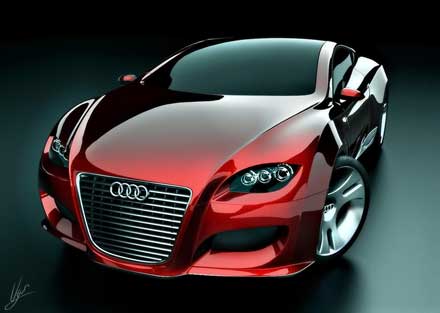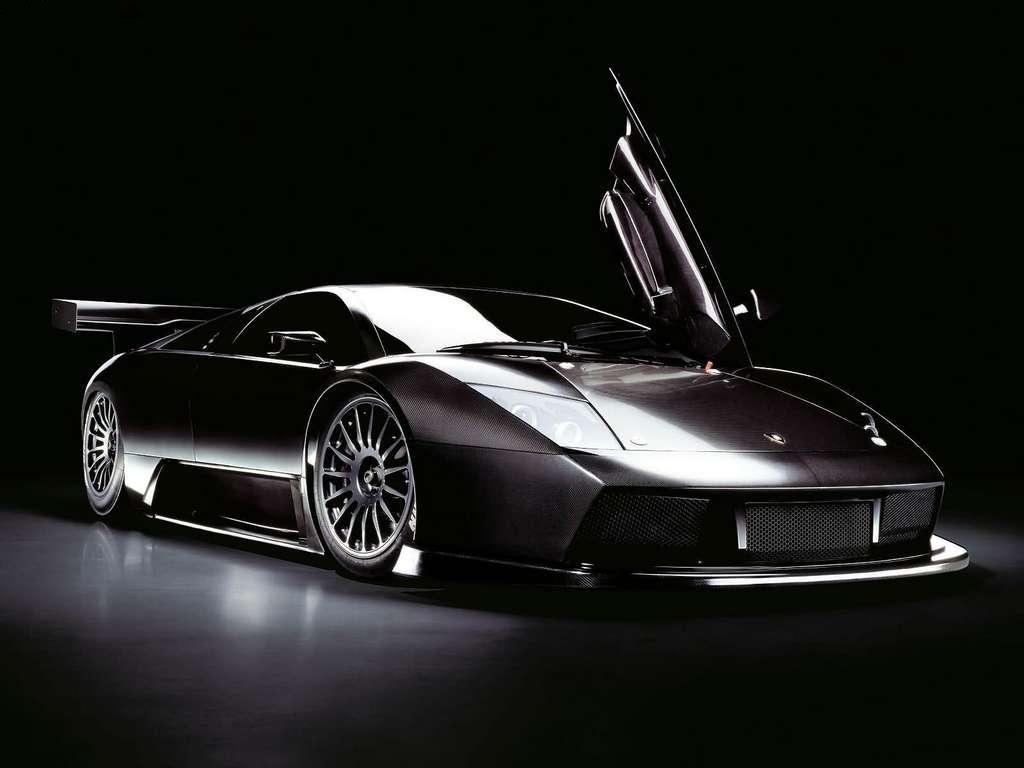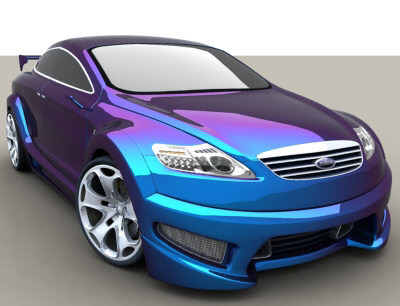

In the 80’s and 90’s, it was terms and acronyms like “M”, “RS”, “STi”, “AMG” & “GTi” describing sport models that would lure shoppers into dealerships and create a buzz around a carmakers name. In the new millennium however, spiking petrol prices and environmental issues seem to have a bigger impact on your average John Doe so marketers have came up with new terms and acronyms like Bluetec, Bluemotion, Flexfuel, Hybrid, and in Ford Europe’s case, ECOnetic.
The new range of Ford ECOnetic models will be powered by common-rail diesel powertrains with features engineered to reduce CO2 emissions and fuel consumption. Ford Europe’s first model to benefit will be the Focus. Powered by a 109 Hp 1.6L TDCi diesel unit, and thanks to reduced drive resistances and improved aerodynamics, the Focus ECOnetic features an avg. fuel consumption of just 4.3 l/100km (54.7 US mpg), which corresponds to an average CO2 emission of 115g/km. Comparatively, VW’s Golf Bluemotion which will also premier in Frankfurt, is powered by a 1.9 turbodiesel engine delivering 105Hp. According to VW, the Golf Bluemotion boasts an avg. fuel consumption of 4.5 l/100km (52,3 US mpg) and a CO2 emissions figure of 119 g/km. -Press release after the jump
- Class-leading 115g/km CO2 for conventional technology in Ford Focus ECOnetic model
- New Ford ECOnetic models will join Ford Flexifuel range to increase affordable low CO2 choices for customers
BRENTWOOD, Essex, August 24, 2007 – Ford of Europe will offer its customers ultra-low CO2 alternatives with the launch of a new range of Ford ECOnetic models at the 2007 Frankfurt Motor Show.
These cars will use the latest common-rail diesel powertrains with features engineered to reduce CO2 emissions. The first to be launched in early 2008 will be the Ford Focus ECOnetic, which promises to deliver best-in-class CO2 emissions for conventional powertrain technology at just 115g/km.
"Although all of our current European models are already highly competitive in terms of CO2, we know that more and more car buyers seek the lowest possible emissions as a key 'why-buy?'," said John Fleming, Ford of Europe president and CEO.
"By launching specific models, with dedicated Ford ECOnetic badging to indicate ultra-low CO2 results, we will give a clear alternative to those customers who prioritise low emissions performance.
"We chose the Ford ECOnetic name because it links ecologically friendly technology to our kinetic design 'energy in motion' philosophy for both driving quality and emotional styling."
Ford Focus ECOnetic: class leading emissions
Further details of the Ford ECOnetic range will be revealed in September at the 2007 Frankfurt Motor Show. The first vehicle to benefit will be the company's most popular model – the Ford Focus.
The new Ford Focus ECOnetic, powered by the highly efficient 109PS, 1.6-litre Duratorq TDCi engine with standard Diesel Particulate Filter, delivers an average fuel consumption of 65.7mpg – corresponding to an average CO2 emission of only 115g/km.
"The challenge for the engineering team was to deliver the maximum reduction in CO2 using available and affordable techologies," said Gunnar Herrmann, Ford's medium car line director.
The starting point for achieving these results was to reduce drive resistances and improve aerodynamics. By lowering the vehicle, adding an aerodynamics kit and using 195/65R15 tyres, a drag coefficient (cd) of 0.31 was achieved.
A further measure to reduce driving resistance, used for the first time in the Ford Focus ECOnetic, is the introduction of new low-viscosity transmission oil developed by Ford's fuel partner BP. Under testing, the efficiency benefits were found to be so significant that this new BP transmission oil is to be introduced across other Ford products in the C and CD segments.
Ford of Europe is already a leader in Flexifuel technology, with Focus and C-MAX models fuelled with bio-ethanol E85 (a blend of 85 per cent bio-ethanol and 15 per cent petrol), petrol or any mixture of both fuels in the same tank.
From early 2008, Flexifuel versions of the new Mondeo, the Ford Galaxy and the Ford S-MAX will be on sale, giving Ford one of the broadest ranges of Flexifuel vehicles in Europe.









